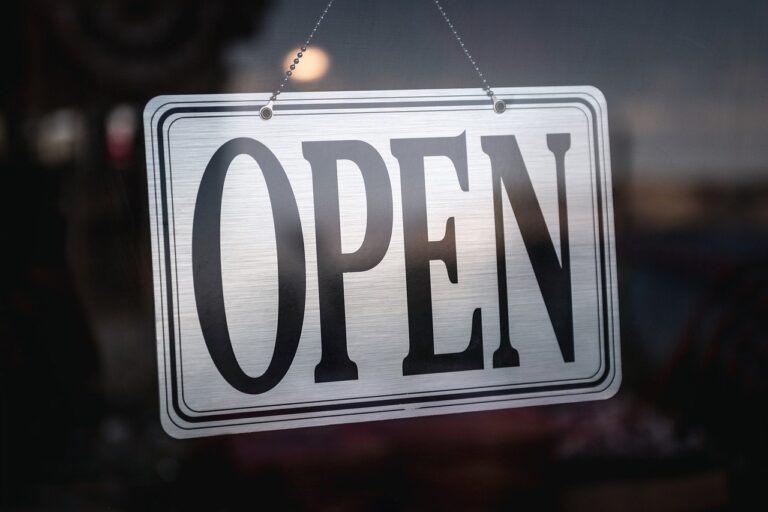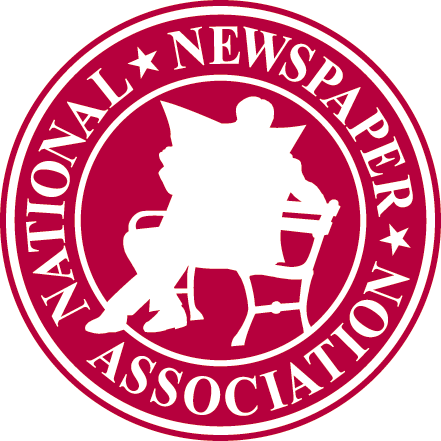Despite a record-setting year for Wisconsin tourism in 2019, the industry is now scrambling to adjust to the shock of coronavirus while hoping the Memorial Day weekend can start a comeback to mitigate millions of dollars in losses.
The state Supreme Court ruling that tossed the statewide stay-at-home extension, due to expire May 26, has resulted in hope and uncertainty as the crucial traditional start of summer approaches. A patchwork of local rules and lingering reluctance to embrace usual activities could put a damper on things.
Even before the latest development, the city of Milwaukee has pegged its losses at $47 million and Dane County at $32.5 million due to event cancellations. Meanwhile, the U.S. Travel Association reported Wisconsin is losing millions of dollars every week of the pandemic. The year-over-year net change in weekly travel spending for the week of March 7 was a deficit of $11 million and for the week April 25 it skyrocketed to a $218 million loss.
Wisconsin Department of Tourism Secretary Sara Meaney said the economic impact of 2019 was “a record setting year, and the largest year for Wisconsin in at least a decade” and higher than the national average.
The year’s numbers came in at about $22.2 billion in total tourism business sales. Wisconsin’s 113 million visitors alone spent $13.7 billion, supporting more than 202,000 full- and part-time jobs.
But that all changed with the coronavirus hit.
“We need financial help before more people are laid off so that we can make the appropriate shifts to our marketing strategies, our event planning and our advertising buys,” said Meaney. “We need relief now so we are ready to go the second we get the green light from public health officials.”
Rob Gard, director of public relations and communications for Destination Madison, says the community will continue to follow the guidelines set out by Gov. Tony Evers as both Madison and Dane County still have similar orders in place.
“Consequently, we don’t anticipate notable tourism activity for Memorial Day weekend,” Gard said.
Leah Hauck, communications manager for the Wisconsin Dells Visitor & Convention Bureau, says the group has “no way of knowing what to expect” for Memorial Day and “wouldn’t want to speculate.”
“The Wisconsin Dells Visitor and Convention Bureau is waiting for further direction and guidance from county and local health officials,” she said in an email. “It is imperative that we, as a destination, all do our part to open and run businesses safely and responsibly.”
The U.S. Travel Association expects downturns in the national travel industry as a result of coronavirus will contribute to the national economy entering a recession. The organization argues that a recession could result from travel losses alone and last at least two quarters with the lowest point in the second quarter of 2020.
The association also predicts an 81 percent drop in revenue over the next two months and continued losses over the rest of the year reaching $519 billion. In the week ending April 25, the travel economy fell 89 percent below last year’s levels; national weekly travel spending is at a new low of $2.3 billion.
The group says “it remains to be seen how responsive travel spending will be in states that are easing their lockdown measures in the coming weeks.”
Last year, outdoor recreation was the top marketable driver of visits to Wisconsin — about $17.9 billion in consumer spending and 168,000 jobs. Twenty-seven percent of visitor spending was for lodging, followed by food and beverage (26), retail (20), recreation (14) and transportation (13).
And one of those outdoor recreation spaces equipped with lodging, food and retail is the Wisconsin Dells area, which is expecting a “detrimental” loss this year due to coronavirus.
In 2019, the spring and summer seasons accounted for 66 percent of direct visitor spending in Wisconsin Dells, income crucial to many businesses and employees, according to Wisconsin Dells Visitor and Convention Bureau President and CEO Romy Snyder.
“It will take time to correctly analyze and know the true financial impact of COVID-19 on Wisconsin Dells, but we do know the loss will be detrimental to the local tourism economy,” he said.
While Lake Geneva has had a “very strong” January and February with a successful Winterfest and National Snow Sculpting Championship event, Stephanie Klett, the former state tourism secretary and president and CEO of Visit Lake Geneva, said that “like the whole country, (quarter two) was like a bomb going off.”
While Klett couldn’t predict exact losses, she said most people have moved their summer business to fall such as weddings, family reunions, meetings and conventions.
“Fall is becoming the new summer, and we are hoping to make up for lost time,” she said.
And Klett is convinced that Lake Geneva is positioned well for recovery because of its location between Chicago and Milwaukee, a spot that “gives us access to millions of potential visitors” because of the drivable distance.
According to Klett, 75 percent of Americans don’t want to fly at this time, “they feel safer in their own car, and within a couple hours of home.”
And since physical distancing has become important to consumers, Lake Geneva’s outdoor recreation opportunities and nearby state parks give “room to roam.”
While Visit Lake Geneva is focusing on preparing the region from a marketing standpoint to reopen, Klett is asking the state to set aside politics and let everyone be a part of the solution.
“Character is revealed through crisis, and there is no time for partisan politics,” she said. “People are dying and businesses are fighting for their financial lives. Please provide accurate information and a solid plan for re-opening that is neither overly-generalized or vague.”
As smaller tourism agencies look to the state for leadership, Meaney is asking for help in return to lobby on her behalf to make sure the tourism industry is included in any COVID-19 relief money.
In early April, Meaney briefed more than 130 Wisconsin state legislators and their staff about COVID-19’s toll on the tourism industry and how lawmakers could help it lead the economic recovery. In a newsletter to businesses, she encouraged people to talk to their elected leaders about two proposals for “the kinds of action we need”: $2 million for a regional destination marketing organization grant program; and $3 million for co-op marketing grants.
Later, she asked people to speak with their congressional representative about Paycheck Protection Program eligibility and to sign a letter of support for the Local Chamber, Tourism, and 501(c)(6) Protection Act of 2020.
“This bill would allow all types of destination marketing organizations — including both 501(c)(6) and quasi-governmental entities with less than 300 employees — eligibility into the Paycheck Protection Program,” she said.
For more, visit WisPolitics.com
The Capitol Report is written by editorial staff at WisPolitics.com, a nonpartisan, Madison-based news service that specializes in coverage of government and politics, and is distributed for publication by members of the Wisconsin Newspaper Association.
Copyright © WisPolitics.com



